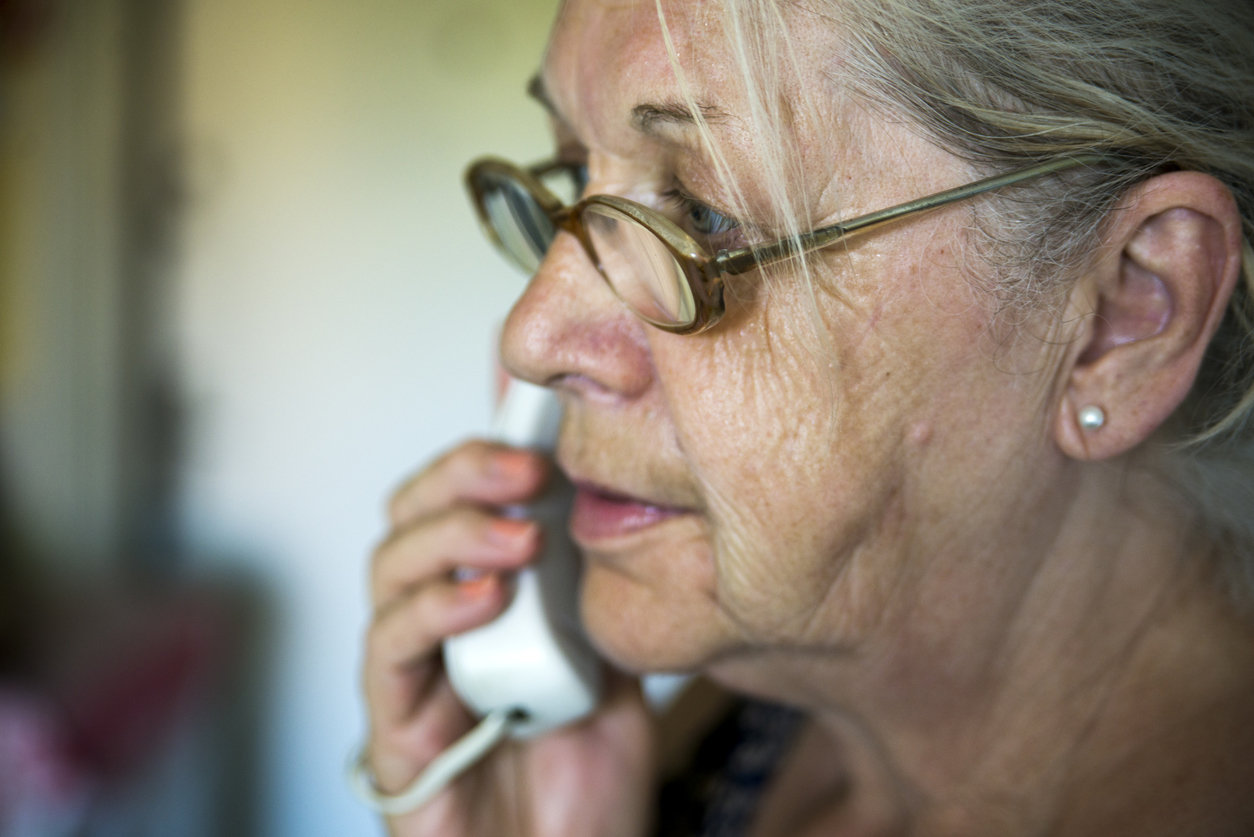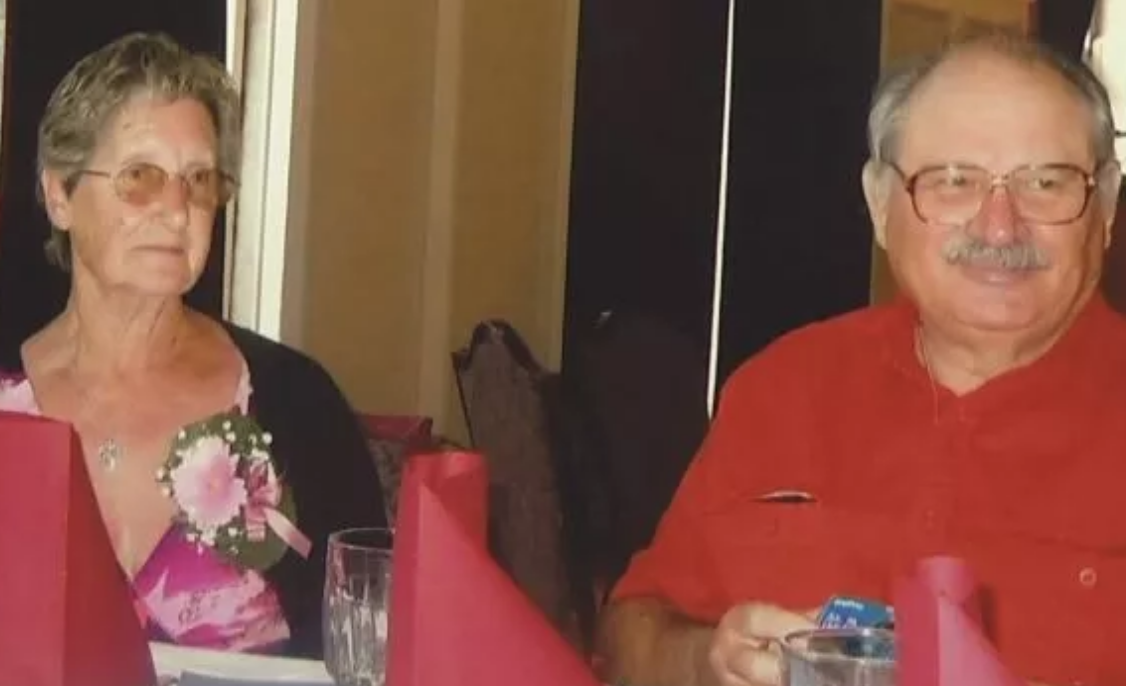
Like parents, grandparents would do just about anything to protect their grandchildren — and it seems that's exactly what some phone scammers are banking on. The AARP has warned that scammers are targeting grandparents by calling them and asking for money to help their grandkids who've been kidnapped, involved in drunk driving accidents, hospitalized, and more.
The scammers reportedly call grandparents and recite a canned message while pretending to be a grandkid.
“There’s been an accident and I’m______ (in jail, in the hospital, stuck in a foreign country), and I need your help," they typically say, according to the AARP.
The caller might also adds details about where they are or what happened to make the call seem more real. They also usually tell the grandparent to contact a third person, such as a lawyer or doctor, who will “explain everything to you." Then, the caller asks the grandparent to wire money "right away" and begs, “Please, don’t tell Mom and Dad!”
It sounds horrifying, right? And that's exactly why it works.
Attorney Kati Daffan, assistant director of the division of marketing practices at the Federal Trade Commission (FTC), told the AARP the scam has been going around for years and many grandparents have fallen victim to it. According to the FTC, nearly one in five people reported losing money in an impostor scheme like the grandparent scam in 2017, amounting to a total loss of $328 million. And people 70 and older suffer the most significant financial losses.
“The scammers are very good at what they do — they make the story very convincing and urgent so that you wouldn’t want to make a mistake,” Daffan told the AARP. “The stakes are incredibly high, and they’re good at pulling at your emotions. They know how to get your fight-or-flight response activated so that your critical thinking faculties are just not the way they are normally.”
Most recently, a couple in Watertown, New York, was scammed out of more than $50,000 by someone claiming their grandson was in a car accident.

Michael and Elfriede Flavin told Fox 28 they got a call from someone claiming to be a public defender who said their adult grandson got into a drunk driving crash and needed money for bail. They mailed $10,000 in cash to an address they were given, then the person called back a few days later and said their grandson needed more money for bail.
It wasn't until they contacted their grandson's mom that they learned he was safe and sound and away at college the whole time. According to a GoFundMe set up for the couple, they lost upward of $55,000 and there's no way to get the money back.
Scammers can reportedly get info on their targets from social media, by hacking email accounts, or even by paying for lists of people to call.
They target people with grandchildren of all ages, and their stories can vary wildly. To protect themselves, Daffan tells the AARP grandparents should make sure their social media accounts are private and avoid opening emails or attachments from unknown senders. She also said to be wary of anyone that's asking you to turn over cash or gift cards. "Court systems and hospitals don’t accept gift cards as payment," she said.
To report potential scammers, grandparents can contact the Federal Trade Commission at ftc.gov/complaint or by calling 1-877-FTC-HELP.




